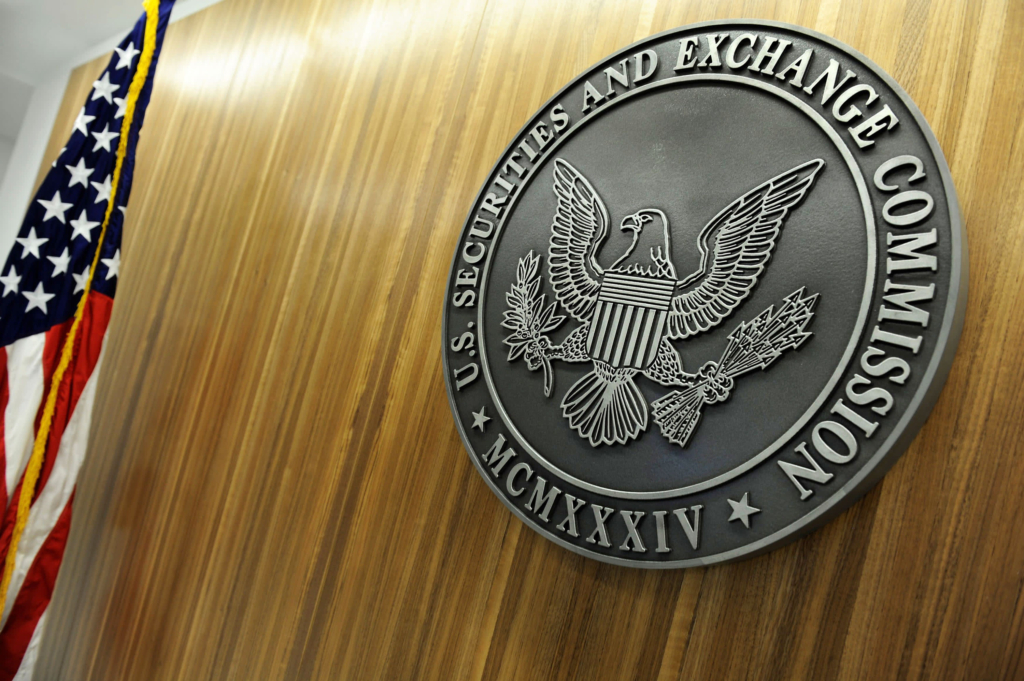Cryptocurrency exchange Coinbase has filed a motion to dismiss the recent lawsuit brought against it by the U.S. Securities and Exchange Commission (SEC).
The lawsuit accused Coinbase of facilitating unregistered trading in 12 digital tokens classified as securities. However, Coinbase vehemently disputes these claims and argues that the SEC’s interpretation of securities laws is fundamentally flawed.
Coinbase’s Chief Legal Officer, Paul Grewal, stated that the SEC’s allegations “go far beyond existing law” and should be dismissed.
The company filed the motion with the U.S. District Court for the Southern District of New York, raising concerns about the SEC’s overreach and asserting that the agency has exceeded its legal authority.
By filing a motion to dismiss, Coinbase demonstrates its firm resolve to challenge the SEC’s lawsuit head-on. The motion asserts that even if the SEC’s allegations were true, they would not constitute a valid legal claim against Coinbase.
The exchange’s legal team further contends that the lawsuit violates Coinbase’s due process rights and represents an “extraordinary abuse of process.”
At the heart of the dispute lies the SEC’s definition of securities, which includes investment contracts based on the Howey Test.
However, Coinbase argues that the digital assets in question, including SOL, ADA, MATIC, and others, do not fall under this classification. The company firmly asserts that these assets are not securities and, therefore, do not require SEC registration.
Coinbase’s legal filing highlights inconsistencies in the SEC’s decisions, pointing out that the agency had not objected to six of the named tokens during previous interactions with Coinbase in 2021.
Moreover, the document emphasizes that the SEC approved Coinbase’s registration statement last year, allowing the exchange to sell its shares to investors during its public listing.



